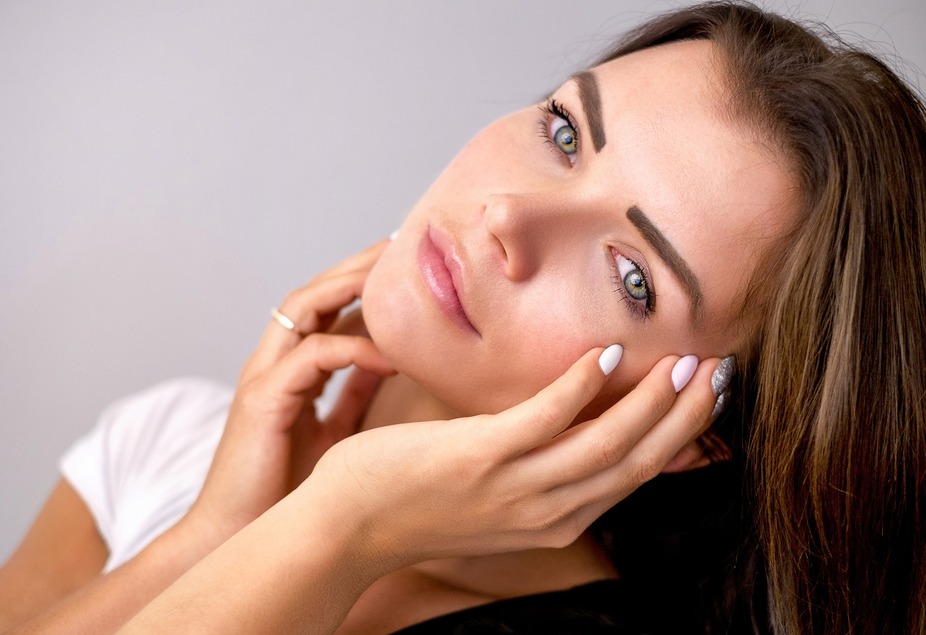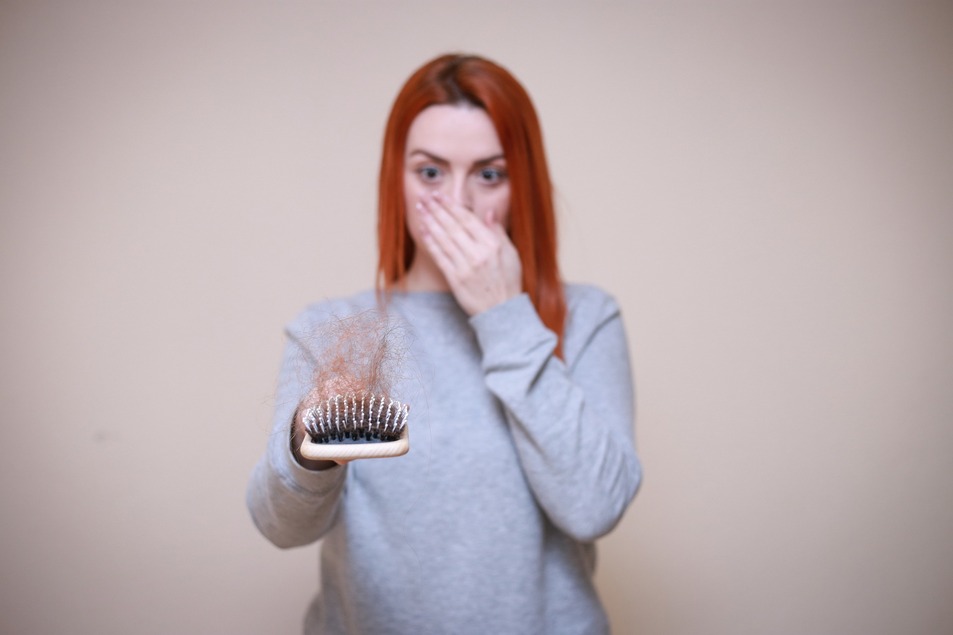Oily, herbal head massages have traditionally been given to children by many Indian mothers and grandmothers. Following that, they may use sudsy reetha, also known as soapnuts, and rinse with scented water. This attention and care are said to result in thick, glossy, healthy hair.
These traditions have their origins in Hindu tales and holy writings known as the Vedas. Anger deities have chaotic hair, whereas patient deities have thick, curly locks or smooth braids. These myths, as well as the Ayurvedic practices that support them, are part of traditional Indian hair care. You can use the same home remedies to promote hair development and achieve lustrous, bouncy locks. Also, Read: Effective Ways to Promote Hair Growth and Prevent Hair Loss
Table of Contents
Ayurvedic Knowledge
It is beneficial to learn the fundamentals of Ayurveda in order to get optimal hair growth with Indian treatments. Ayurveda is an ancient discipline that identifies the body’s humors and their relationship to the natural elements: air, wind, earth, fire, and ether. Ayurveda distinguishes three doshas, or constitutions, known as vata, pitta, and kapha. Everyone possesses a mix of one, two, or all three. Each dosha has an impact on the internal organs as well as a person’s physically, personality, and emotions. Dosha imbalance, according to Ayurvedic practitioners, is the root cause of sickness. These abnormalities can influence numerous regions of the body, including hair growth.
Using your Hair Type to your Advantage
According to Ayurveda, a healthy body and mind will result in healthy hair and scalp, resulting in optimal hair development.
Vata Hair Characteristics
A vata person has a higher proportion of air and ether in their body. A person with a healthy vata dosha will have naturally wavy hair and a dry scalp. They will also most likely have porous hair. This indicates that the hair readily absorbs products and dyes. This also means that hair strands absorb dust, smoke, and chemicals in the air, making them brittle and damaged. When the vata dosha is out of balance, the individual may experience an oily scalp, itchy dandruff, and hair loss, as well as sluggish hair development.
Pitta Hair Characteristics
Pitta personalities have a higher proportion of fire and water or fire and air. A person with a balanced pitta dosha has naturally straight, silky hair. Because the hair follicle is normally dense, their hair is somewhat resistant to hair dyes and colors. This means it is resistant to topically given nutrients as well as air pollutants. Depending on the quantities of air and water, an imbalanced pitta dosha might induce dryness or oiliness on the scalp. Imbalanced pitta can also cause hair loss and slow hair development.
Best Food for Hair Growth
1. Eggs
Eggs are high in protein and biotin, both of which are necessary for hair growth. Protein is essential for hair growth since hair follicles are largely constituted of protein. Protein deficiency has been linked to hair loss. Consuming extra biotin has also been demonstrated to boost hair development in people who are deficient in biotin.
Consuming extra biotin has also been demonstrated to boost hair development in persons who are deficient in biotin. Biotin deficits, on the other hand, are unusual if you eat a well-balanced diet. There is little evidence that those with few or no health problems benefit from taking extra biotin. Furthermore, excessive biotin consumption might interfere with test results needed to diagnose and manage a variety of illnesses. While it is unlikely that you will ingest too much biotin from diet, several supplements for hair, skin, and nail growth contain biotin in excess of the RDA.
2. Fruits and Berries
Free radicals are harmful chemicals that can damage hair follicles, which is why antioxidants are beneficial. Natural or external compounds contain these harmful chemicals. The body also makes collagen out of vitamin C, which helps keep hair from becoming brittle and breaks. In addition, the body absorbs iron from the diet with the help of vitamin C. Hair loss has been linked to anemia caused by low iron levels.
3. Spinach
In addition to providing vital nutrients for hair growth, spinach contains folate, iron, and vitamins A and C. Research suggests that vitamin A promotes hair growth. It is possible, however, to take too much vitamin A. Consuming foods high in vitamin A will provide you with enough of this essential mineral. Spinach also contains iron, which is important for hair growth. Throughout the body, iron helps red blood cells transport oxygen to fuel metabolism and aid in growth and repair.
4. Oily Fish
Fatty fish such as salmon, herring, and mackerel have elements that may aid in hair development. They are high in omega-3 fatty acids, which have been related to hair growth in numerous studies. There are, however, only a few research on omega-3 fatty acids and hair development. More research is required before health professionals may make any recommendations. Interestingly, vitamin D3 insufficiency has been associated to hair loss in research. While it is uncertain whether a lack of vitamin D causes hair loss, it is a good idea to incorporate fatty fish and other vitamin D-rich foods in your diet on a regular basis.
Our hair is frequently used as a sign of our general health. Proper hair care entails caring for both the hair and the rest of the body. Ayurvedic hair care is simply one component of a comprehensive self-care regimen that can result in enhanced hair growth and beautiful, healthy hair.



